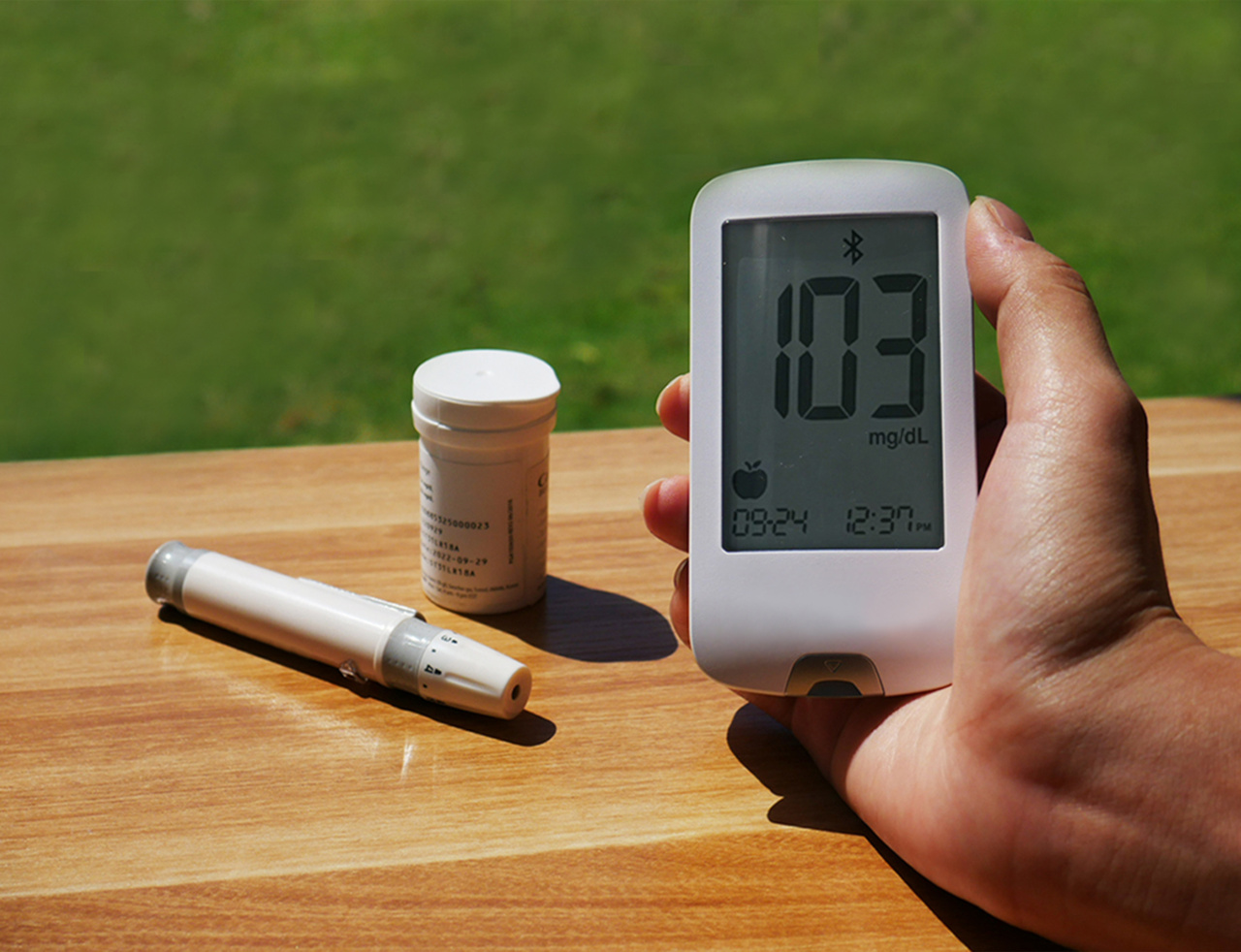Diabetes and high blood pressure often go hand in hand, and together they can significantly increase the risk of cardiovascular complications.
As a diabetic, it is crucial to manage your blood pressure levels effectively to minimize the risk of further health complications. In this article, we will explore the best blood pressure levels for diabetics and understand how they can be achieved.
The Importance of Blood Pressure Control
High blood pressure, or hypertension, is a condition characterized by elevated pressure in the arteries. When left uncontrolled, it can damage blood vessels and increase the risk of heart disease, stroke, and kidney problems.
For individuals with diabetes, the risk of developing these complications is already higher, making blood pressure control even more critical.
Blood Pressure Goals for Diabetics
For diabetics, the target blood pressure level is usually below 130/80 mmHg. This recommended level is slightly lower than the general population’s target, as individuals with diabetes have an increased susceptibility to cardiovascular diseases.
It is important to note that these numbers can vary depending on individual risk factors, age, and presence of other medical conditions.
Lifestyle Modifications for Blood Pressure Control
While medication is often necessary to manage blood pressure, lifestyle modifications play a key role in its control as well. Here are some strategies:.
1. Adopt a Healthy Diet
Eating a balanced diet rich in fruits, vegetables, whole grains, and lean proteins can help control blood pressure. Limiting sodium intake and avoiding processed foods, which are typically high in sodium, is essential.
Additionally, reducing the consumption of sugary beverages and unhealthy fats can promote better blood pressure control.
2. Engage in Regular Physical Activity
Exercise is beneficial for both diabetes management and blood pressure control. Engaging in aerobic activities such as brisk walking, swimming, or cycling for at least 150 minutes per week can have a positive impact on blood pressure levels.
Strength training exercises can also be incorporated for added benefits.
3. Maintain a Healthy Weight
Excess weight can put strain on the cardiovascular system and elevate blood pressure. By adopting healthy eating habits and engaging in regular physical activity, achieving and maintaining a healthy weight becomes more attainable.
This, in turn, can help in better blood pressure control.
4. Limit Alcohol Consumption
Drinking alcohol in moderation is generally considered acceptable for individuals with diabetes. However, excessive alcohol consumption can lead to an increase in blood pressure.
Therefore, it is advisable to limit alcohol intake and keep it within the recommended guidelines.
5. Manage Stress
Prolonged stress can negatively affect blood pressure levels. Finding effective stress management techniques such as meditation, yoga, or engaging in hobbies can contribute to better overall blood pressure control.
Medical Interventions for Blood Pressure Control
While lifestyle modifications are important, some individuals may require medication to manage their blood pressure effectively. Commonly prescribed medications for blood pressure control in diabetics include:.
1. Angiotensin-Converting Enzyme (ACE) Inhibitors
ACE inhibitors are often prescribed to protect the kidneys and reduce the risk of cardiovascular complications. They work by relaxing blood vessels, thus lowering blood pressure.
2. Angiotensin Receptor Blockers (ARBs)
Similar to ACE inhibitors, ARBs also relax blood vessels and lower blood pressure. They are commonly prescribed when ACE inhibitors are not well tolerated.
3. Diuretics
Diuretics help the body eliminate excess sodium and water through urine. This reduces the total volume of fluid in the bloodstream, resulting in lower blood pressure levels.
4. Calcium Channel Blockers
Calcium channel blockers prevent calcium from entering the muscle cells of the heart and blood vessels, leading to relaxation and lower blood pressure.
5. Beta Blockers
Beta blockers reduce the heart’s workload and heart rate, lowering blood pressure.
Monitoring and Regular Check-ups
Regular monitoring of blood pressure levels is vital for diabetics. It is recommended to self-monitor blood pressure at home and keep a record of the readings. This helps in analyzing trends and ensures that blood pressure control remains on track.
Additionally, regular check-ups with healthcare providers allow for adjustments to medication and treatment plans if necessary.
Conclusion
For individuals with diabetes, maintaining optimal blood pressure levels plays a crucial role in minimizing the risk of cardiovascular complications.
By adopting healthy lifestyle modifications, taking prescribed medications, and monitoring blood pressure regularly, diabetics can achieve better overall well-being. Remember to consult with a healthcare professional to determine the best blood pressure targets and treatment plan for your individual needs.




























